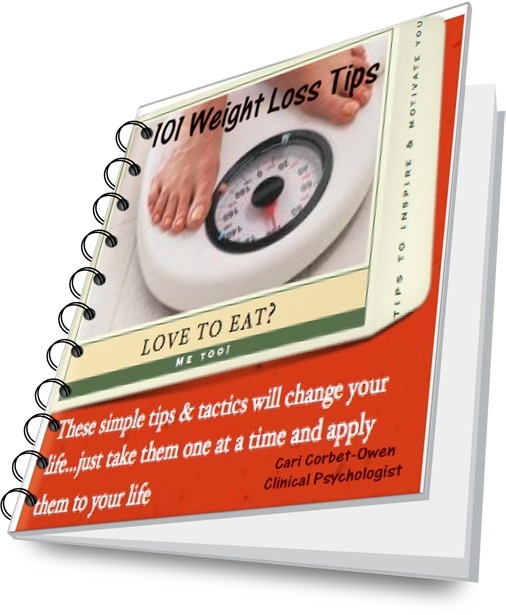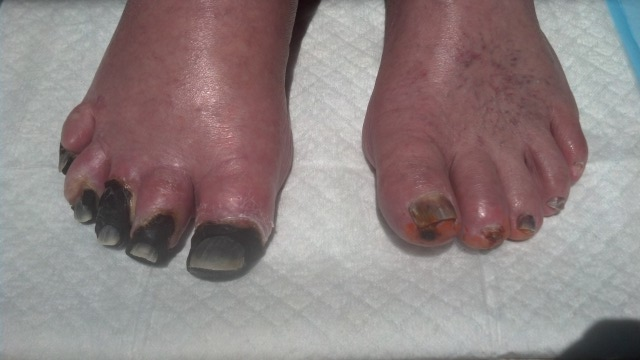How to Eat Right and Exercise Heart Disease
Eating Right
1. Choose healthy fats. Unsaturated fats, such as those found in olive oil, avocado, and nuts, can help lower your cholesterol and reduce your risk of heart disease.
2. Limit saturated fats. Saturated fats, such as those found in red meat, butter, and cheese, can raise your cholesterol and increase your risk of heart disease.
3. Avoid trans fats. Trans fats are a type of unsaturated fat that is harmful to your heart. They are found in many processed foods, such as margarine, crackers, and cookies.
4. Eat plenty of fruits and vegetables. Fruits and vegetables are low in calories and fat and high in fiber, which can help lower your cholesterol and reduce your risk of heart disease. Aim to eat at least five servings of fruits and vegetables each day.
5. Choose whole grains. Whole grains are a good source of fiber, which can help lower your cholesterol and reduce your risk of heart disease. Choose whole grain bread, pasta, and cereal whenever possible.
6. Limit added sugar. Added sugar is a major source of empty calories, and it can raise your risk of heart disease. Limit your intake of sugary drinks, such as soda, juice, and sports drinks.
7. Choose lean protein. Lean protein, such as fish, chicken, and beans, is lower in saturated fat than red meat. Choose lean protein sources whenever possible.
Exercising
1. Get regular aerobic exercise. Aerobic exercise, such as walking, running, swimming, and biking, can help strengthen your heart and improve your circulation. Aim for at least 30 minutes of moderate-intensity aerobic exercise most days of the week.
2. Strength training. Strength training exercises, such as lifting weights or doing push-ups and sit-ups, can help improve your cardiovascular health and reduce your risk of heart disease. Aim to do strength training exercises at least twice a week.
3. Start slowly and gradually increase your intensity and duration. If you are new to exercise, start slowly and gradually increase your intensity and duration over time. Don't overdo it, or you could risk injury.
4. Talk to your doctor before starting an exercise program. If you have any underlying health conditions, talk to your doctor before starting an exercise program. They can help you create an exercise plan that is safe and effective for you.
By following these tips, you can improve your heart health and reduce your risk of heart disease. Talk to your doctor or a registered dietitian for more information about how to eat right and exercise to improve your heart health.
-
Arginine
QuestionHi Do you have any experiance with this amino acid? It is
-
Fibre intake.
QuestionHi. I suffer badly from piles but also have eczema when
-
suggestions to optimize energy and alertness?
Questionthanks! troy AnswerHello Troy! &nbs
-
do u think i can lose 20 pounds...
Questiondo u think i can lose 20 pounds by june 27? if so how? A
-
Is this the most nutritious diet possible?
QuestionHi: I抦 currently thinking of a hypothetical diet product
-
should i be worried bout fats in food?
Questionhi after a 2 month vacation i have lost 6kg and gained b



